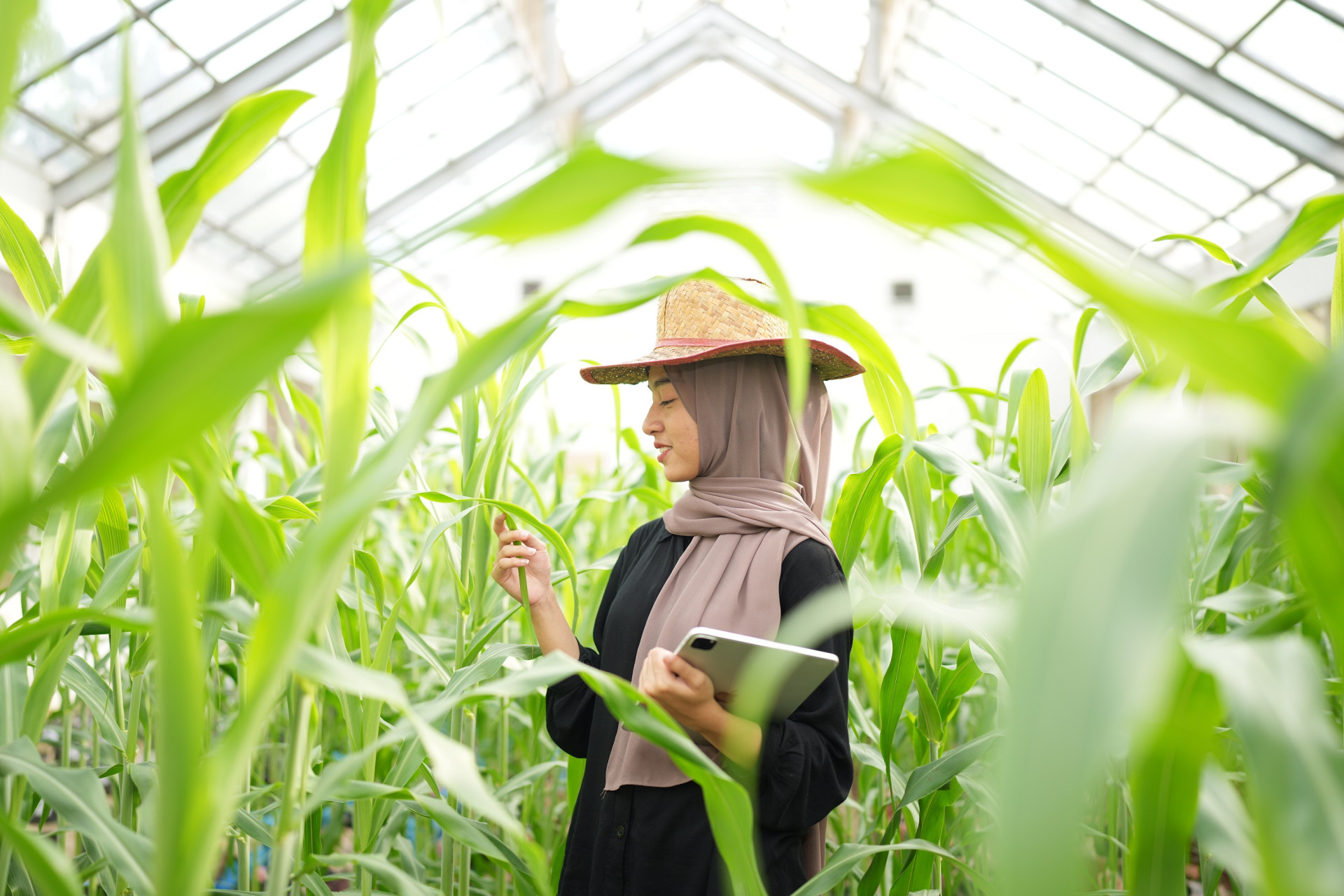The agricultural sector is poised for significant growth, with a substantial increase in employment opportunities projected by 2030. According to the World Economic Forum's (WEF) "Future of Jobs Report 2025," the number of jobs in agriculture is expected to rise considerably, driven by several key factors.
Key Drivers of Growth:
- Green Transition Initiatives: Global efforts to reduce carbon emissions and mitigate climate change are intensifying. This green transition necessitates sustainable agricultural practices, leading to increased demand for professionals skilled in eco-friendly farming techniques and resource management.
- Rising Cost of Living: As living expenses climb, there is a growing emphasis on food security and affordability. This situation underscores the need for efficient agricultural production, prompting the expansion of the workforce to meet these challenges.
- Climate Change Adaptation: Adapting to climate change is anticipated to be a major contributor to global job growth by 2030. The agricultural sector plays a pivotal role in this adaptation, requiring a workforce adept at implementing resilient farming practices to ensure food security in changing environmental conditions.
Employment Projections:
The WEF report forecasts the creation of approximately 170 million new jobs across various sectors by 2030, with 92 million jobs expected to be displaced, resulting in a net gain of 78 million jobs. Notably, farm workers and drivers are among the roles projected to experience significant growth during this period.
In the United States, the Bureau of Labor Statistics projects an 8% growth in employment for agricultural and food scientists from 2023 to 2033, a rate faster than the average for all occupations. This growth is expected to generate about 3,100 job openings annually, driven by the need to replace workers transitioning to other roles or exiting the workforce.
Implications for Agriculture Graduates:
The anticipated expansion in the agricultural sector presents promising career prospects for graduates. The increasing complexity of modern agriculture, influenced by technological advancements and sustainability efforts, requires a workforce equipped with specialized knowledge and skills.
Educational institutions are responding by offering programs that integrate traditional agricultural education with training in areas such as data analysis, environmental science, and sustainable resource management. This interdisciplinary approach aims to prepare graduates for the evolving demands of the sector.
Conclusion:
The projected growth in agricultural employment underscores the sector's critical role in addressing global challenges related to sustainability, food security, and climate change. For individuals pursuing careers in agriculture, the future appears promising, with diverse opportunities emerging as the industry adapts to meet the needs of a changing world.
Read More






 Wednesday, 04-02-26
Wednesday, 04-02-26







